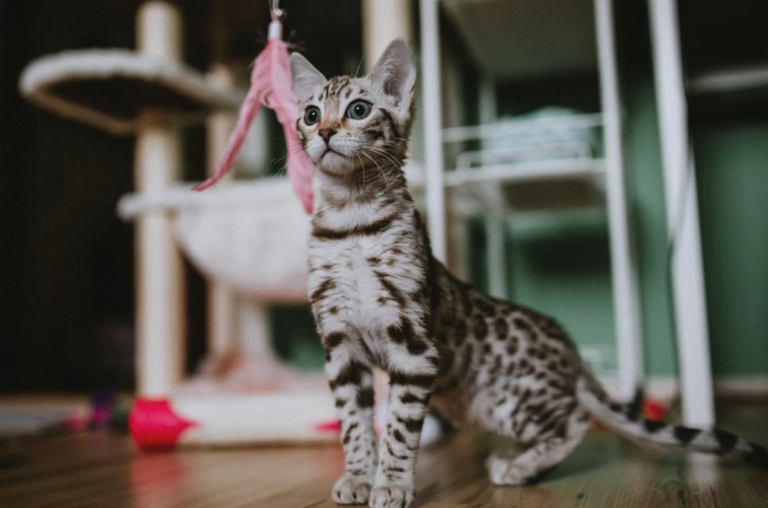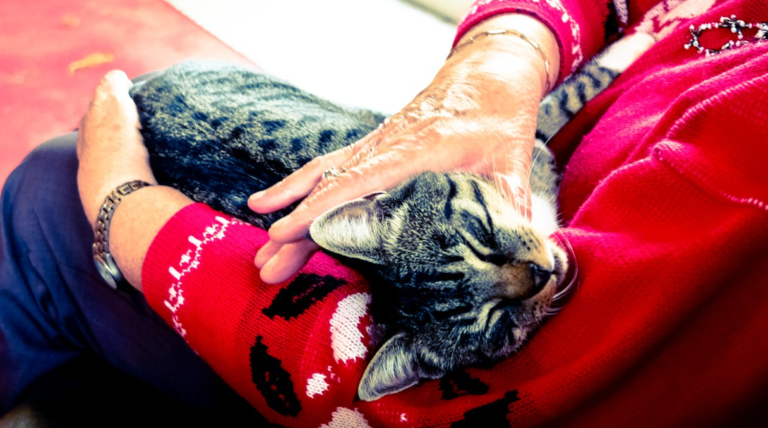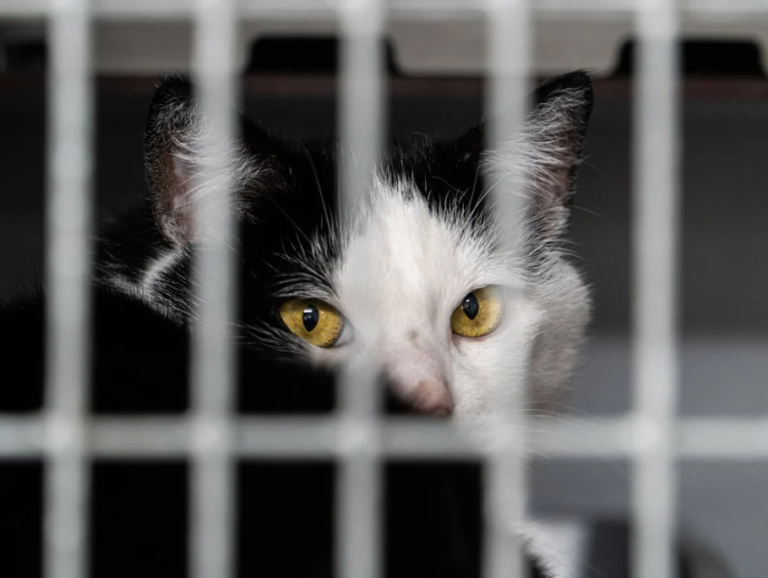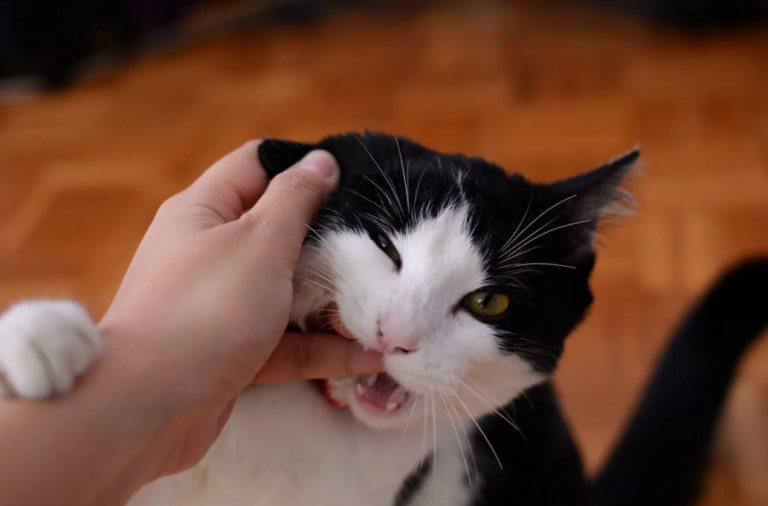
Understanding and Preventing Common Cat Diseases
Cats, like all animals, are susceptible to various diseases. Understanding the most common cat diseases and how to prevent them can help ensure your feline friend remains healthy and happy. This guide covers the symptoms, treatments, and preventative measures for some of the most common cat diseases.Common Cat Diseases
Feline Upper Respiratory Infections (URI)
Upper respiratory infections are common in cats, especially in shelters and multi-cat households. Symptoms include sneezing, runny nose, and eye discharge.
- Prevention: Vaccination, good hygiene, and reducing stress can help prevent URIs.
- Treatment: Antibiotics and supportive care are often required.
Feline Leukemia Virus (FeLV)
FeLV is a contagious viral infection that affects the immune system, making cats more susceptible to other infections.
- Prevention: Vaccination is the best prevention. Avoid contact with infected cats.
- Treatment: There is no cure, but supportive care can improve quality of life.
Feline Immunodeficiency Virus (FIV)
FIV weakens the immune system, similar to HIV in humans, making cats more prone to other infections.
- Prevention: Keep your cat indoors to prevent fights with infected cats. Vaccination is available but not always recommended.
- Treatment: No cure exists, but supportive care and regular vet visits can manage the condition.
Feline Panleukopenia (Feline Distemper)
This highly contagious and often fatal virus affects the gastrointestinal tract, bone marrow, and immune system.
- Prevention: Vaccination is critical.
- Treatment: Intensive supportive care is necessary.
Chronic Kidney Disease (CKD)
CKD is common in older cats and can lead to kidney failure. Symptoms include increased thirst and urination, weight loss, and vomiting.
- Prevention: Regular veterinary check-ups and early detection are key.
- Treatment: Special diets, medications, and fluid therapy can manage the condition.
Prevention and Management
Regular Veterinary Check-ups
Routine vet visits are crucial for early detection and prevention of diseases. Annual or bi-annual check-ups allow your veterinarian to monitor your cat’s health and catch any issues early.

Vaccinations
Vaccinations protect your cat from many common diseases. Follow your veterinarian’s recommended vaccination schedule based on your cat’s lifestyle and exposure risks.
Parasite Control
Regular use of flea, tick, and worm preventatives can protect your cat from parasites that can transmit diseases. Consider using PetArmor Plus Flea and Tick Treatment for Cats or Frontline Plus for Cats for comprehensive protection.
Nutrition and Hydration
A balanced diet and adequate hydration are essential for overall health. Consult with your veterinarian to choose the best food for your cat’s age, weight, and health conditions. Consider using Hill’s Science Diet Adult Indoor Cat Food or Royal Canin Feline Health Nutrition Indoor Adult Dry Cat Food to ensure they receive proper nutrition. Additionally, a PetSafe Drinkwell Platinum Pet Fountain can help keep your cat well-hydrated.
Stress Reduction
Stress can weaken your cat’s immune system. Provide a calm environment with plenty of hiding spots and enrichment activities to keep your cat relaxed and engaged.
Recognizing Signs of Illness
Early detection is crucial for successful treatment. Be vigilant for any changes in your cat’s behavior, appetite, litter box habits, or physical appearance. Common signs of illness include:
- Lethargy
- Loss of appetite
- Vomiting or diarrhea
- Changes in litter box use
- Weight loss
Understanding and preventing common cat diseases can help ensure your feline friend remains healthy and happy. Regular veterinary care, vaccinations, proper nutrition, and a stress-free environment are key to preventing and managing these diseases.











